My ndk is located at C:\Users\X\AppData\Local\Android\ndk. Now each time I create a new native android project and try to import into Android Studio, it asks me for the location of ndk. I can manually set the ndk in local.properties also.
But I am looking for a way to set this ndk path, so that Android Studio does not ask me to set this path each time.
I have already set ANDROID_NDK_HOME, as well as NDK_HOME in system environment variable on Windows 10 machine, but Android Studio is still not able to find it. I have restarted my machine as well, still no luck.
I have not tried it on mac, but your answers for both windows and mac are welcome.

